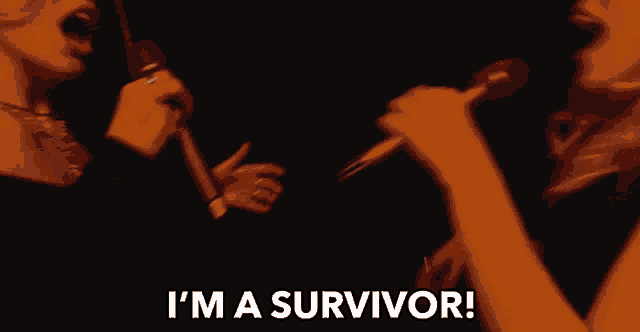In 1825, at approximately age 8, Jordan Anderson (sometimes spelled “Jordon”) was sold into slavery and served the Anderson family for 39 years. In 1864, the Union Army camped on the Anderson plantation, liberating Jordan and his wife, Amanda.
The couple eventually made it safely to Dayton, Ohio, where, in July 1865, Jordan received a letter from his former owner, Colonel P.H. Anderson. The letter kindly asked Jordan to return to work on the plantation because it had fallen into disarray during the war.
On Aug. 7, 1865, Jordan dictated his response through his new boss, Valentine Winters, and it was published in the Cincinnati Commercial. The letter, entitled “Letter from a Freedman to His Old Master," was not only hilarious but showed compassion, defiance, and dignity.
That year, the letter was republished in the New York Daily Tribune and Lydia Maria Child's “The Freedman's Book.”
The letter mentions a “Miss Mary" (Col. Anderson's Wife), “Martha" (Col. Anderson's daughter), Henry (most likely Col. Anderson's son), and George Carter (a local carpenter).
Dayton, Ohio
August 7, 1865
To My Old Master, Colonel P.H. Anderson, Big Spring, Tennessee.
Sir: I got your letter, and was glad to find that you had not forgotten Jordon, and that you wanted me to come back and live with you again, promising to do better for me than anybody else can.
I have often felt uneasy about you. I thought the Yankees would have hung you long before this, for harboring Rebs they found at your house.
Although you shot at me twice before I left you, I did not want to hear of your being hurt, and am glad you are still living.
I get twenty-five dollars a month, with victuals and clothing; have a comfortable home for Mandy — the folks call her Mrs. Anderson — and the children, Milly, Jane, and Grundy, go to school and are learning well.
As to my freedom, which you say I can have, there is nothing to be gained on that score, as I got my free papers in 1864 from the Provost-Marshal-General of the Department of Nashville.
Mandy says she would be afraid to go back without some proof that you were disposed to treat us justly and kindly; and we have concluded to test your sincerity by asking you to send us our wages for the time we served you.
This will make us forget and forgive old scores, and rely on your justice and friendship in the future. I served you faithfully for thirty-two years, and Mandy twenty years.
Add to this the interest for the time our wages have been kept back, and deduct what you paid for our clothing, and three doctor's visits to me, and pulling a tooth for Mandy, and the balance will show what we are in justice entitled to.
We trust the good Maker has opened your eyes to the wrongs which you and your fathers have done to me and my fathers, in making us toil for you for generations without recompense.
From your old servant,
Jordon Anderson
The article originally appeared last year.





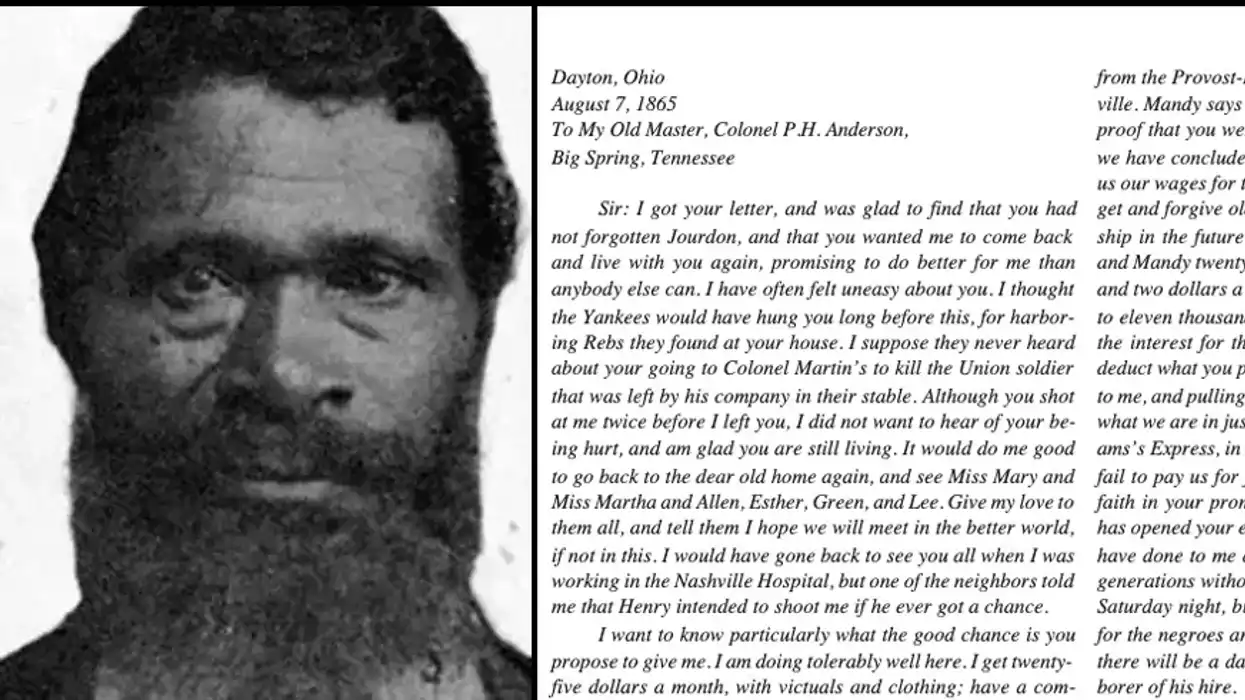

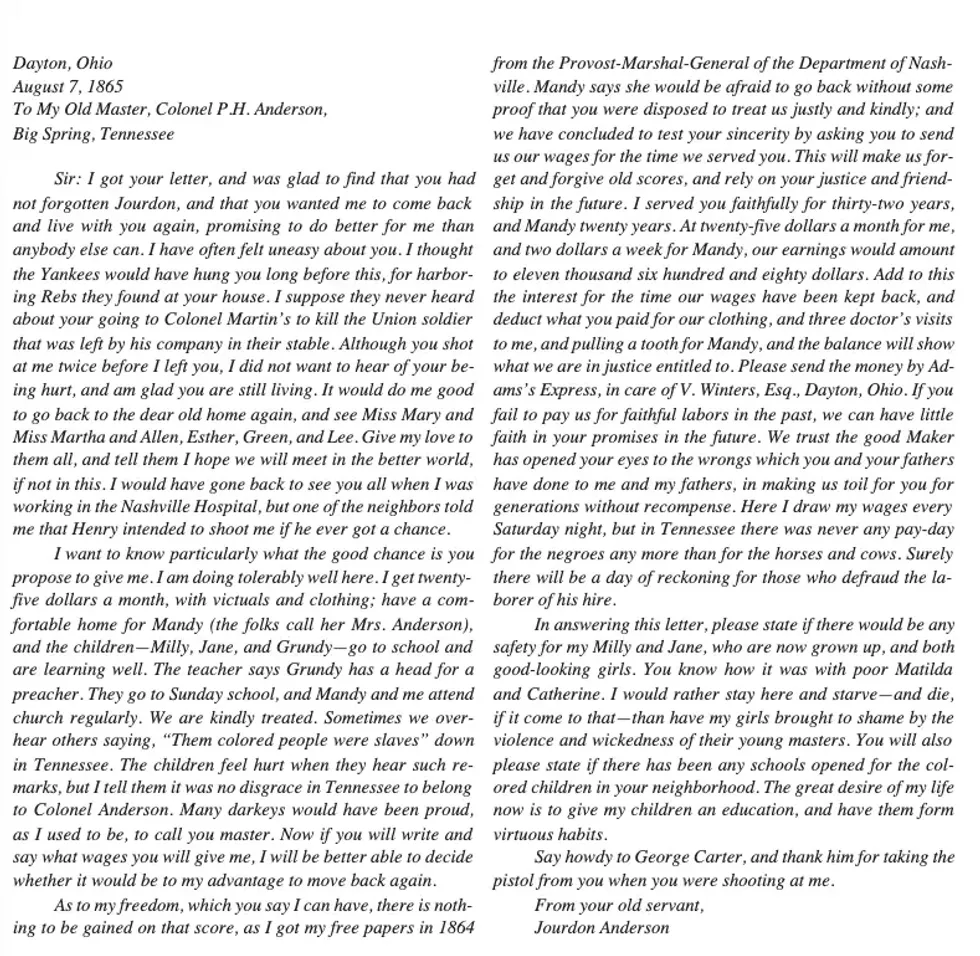
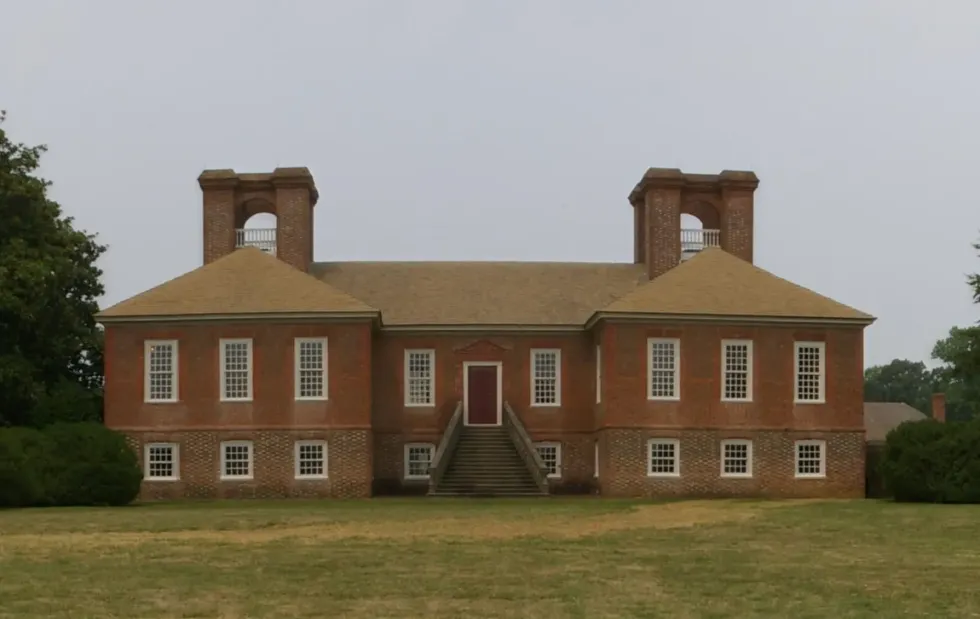





 It wasn't even February, so she wasn't expecting what came next.
It wasn't even February, so she wasn't expecting what came next.  The hug came first, the 'yes' took a few moments more.
The hug came first, the 'yes' took a few moments more. 

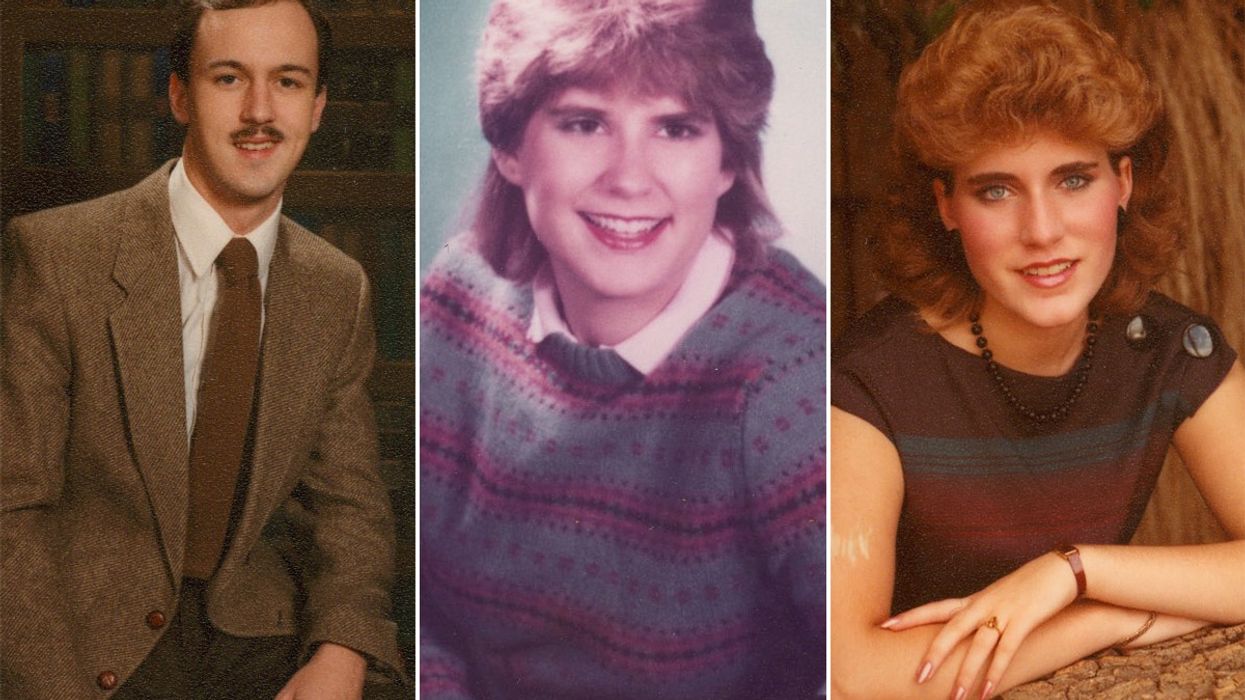
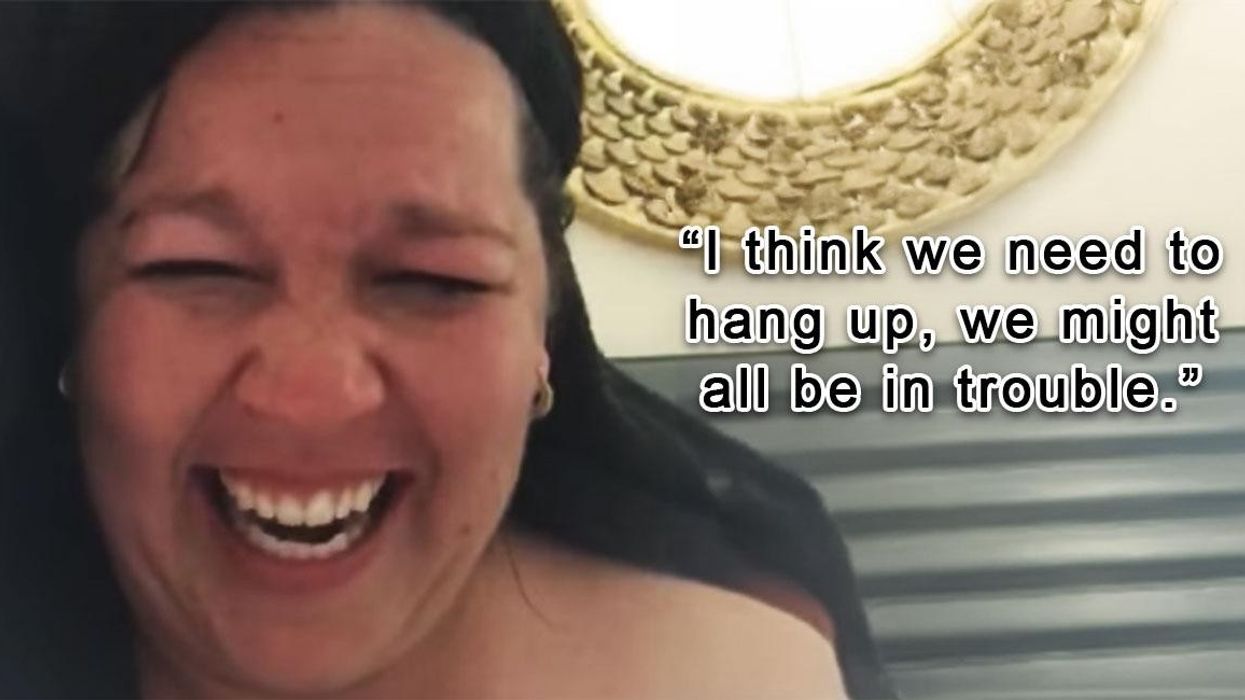

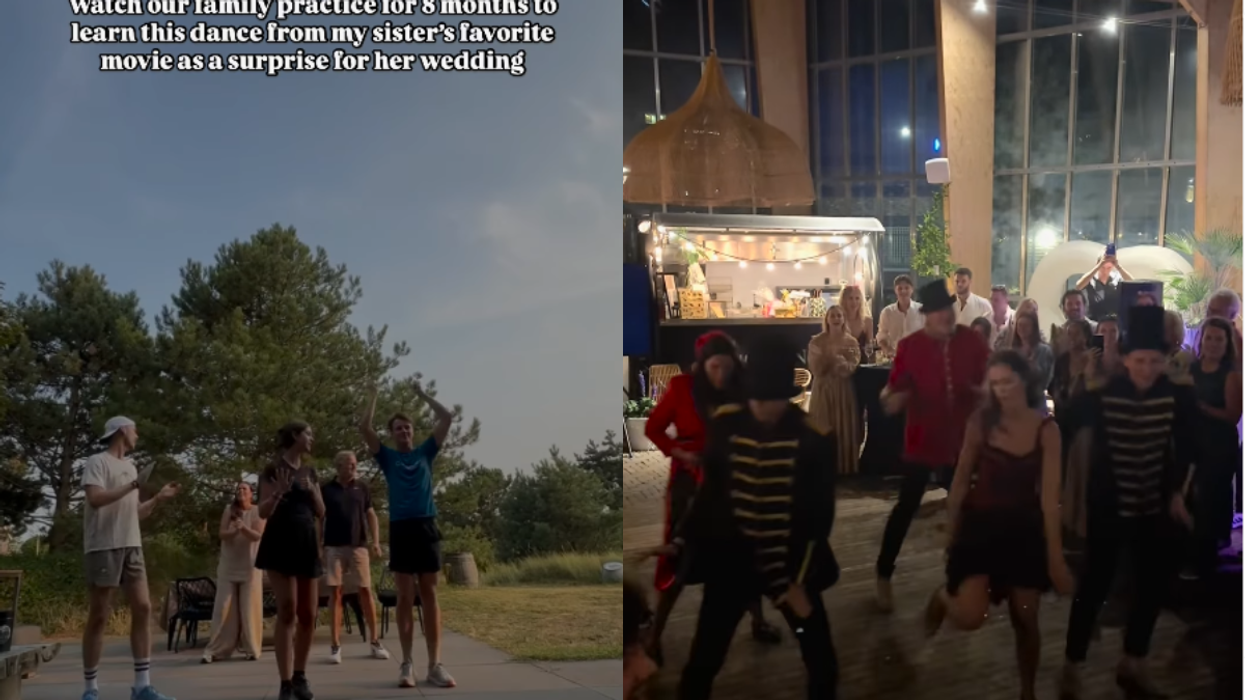

 Representative Image Source: Pexels | Oleksandr P
Representative Image Source: Pexels | Oleksandr P  Layout of the plane seatsImage Source: Mumsnet |
Layout of the plane seatsImage Source: Mumsnet | 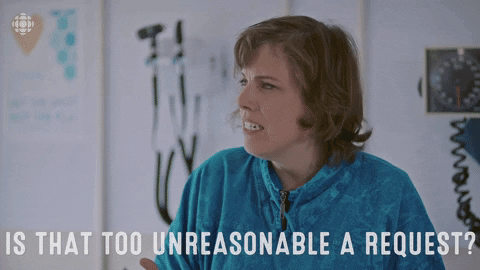

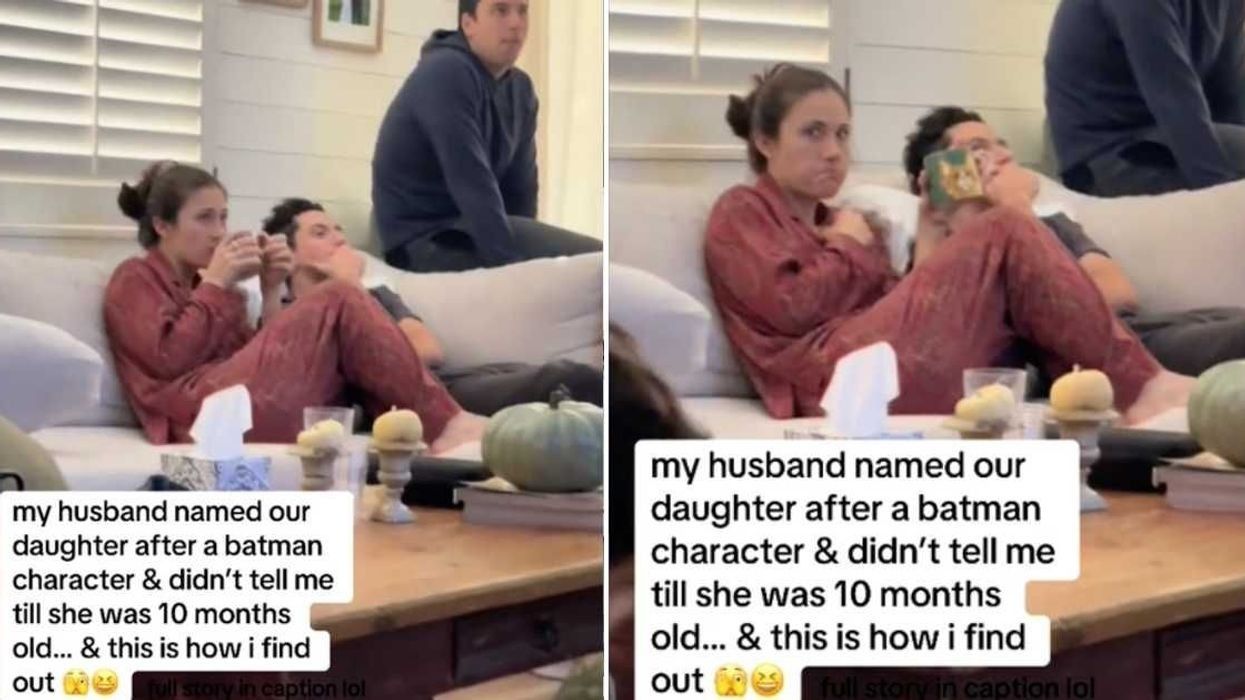

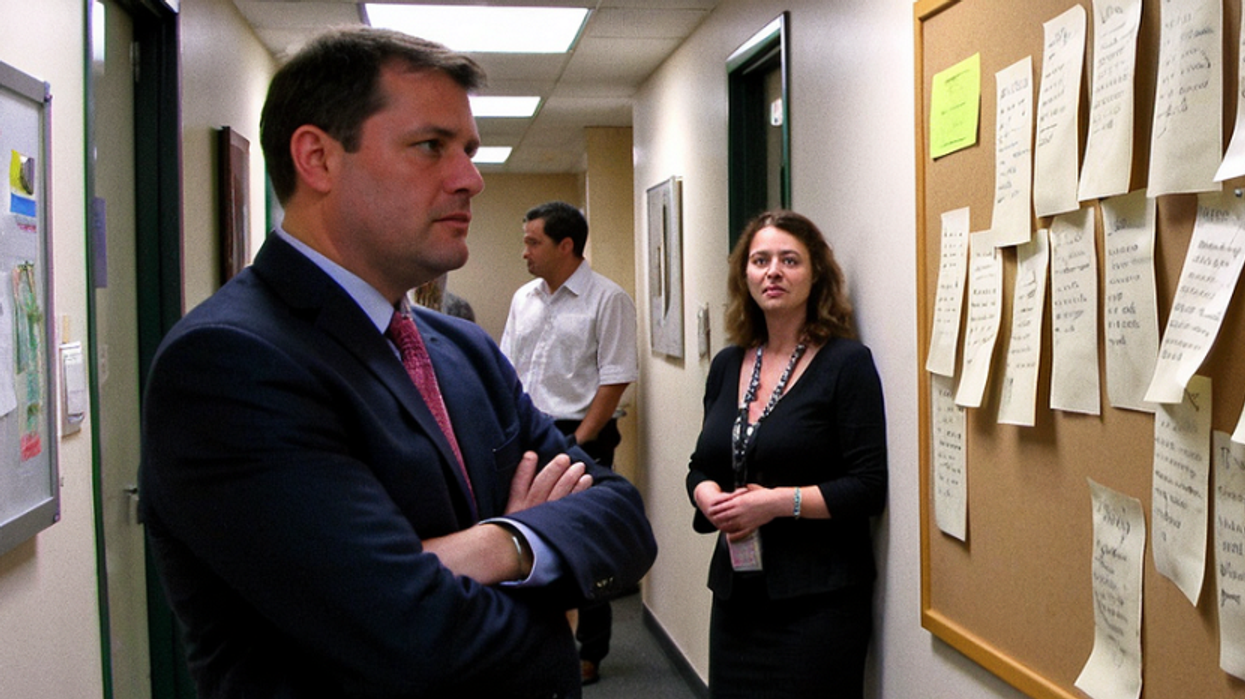
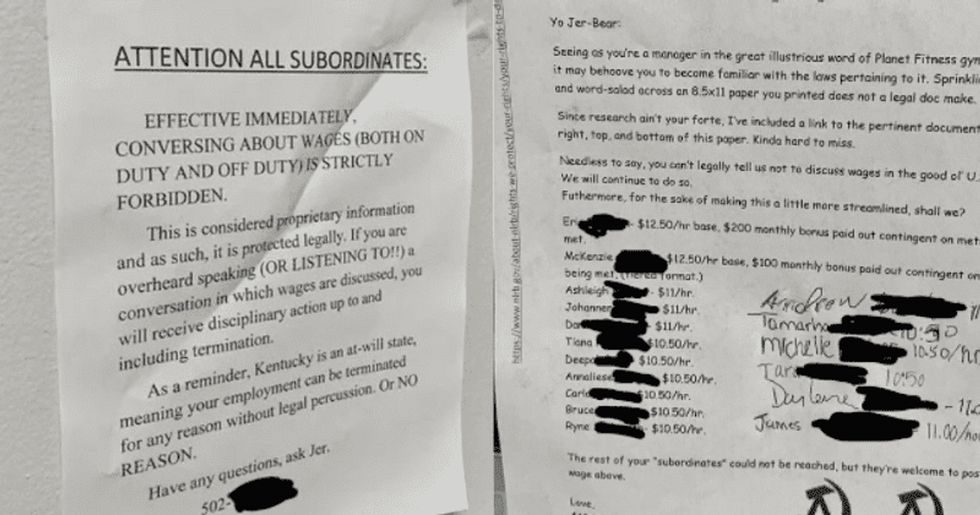 Image Source: Joshua Potash | Reddit
Image Source: Joshua Potash | Reddit 
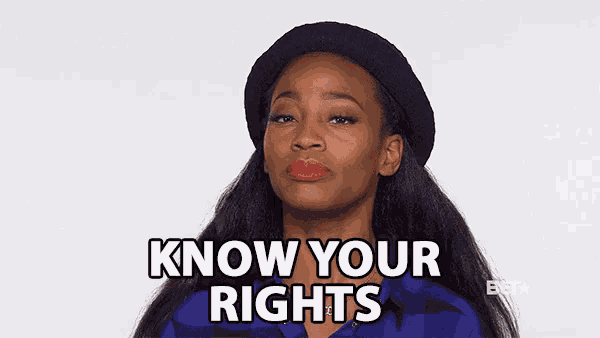


 Representative photo by luis arias |
Representative photo by luis arias | 
 Representative photo by Jamie Lee |
Representative photo by Jamie Lee | 
